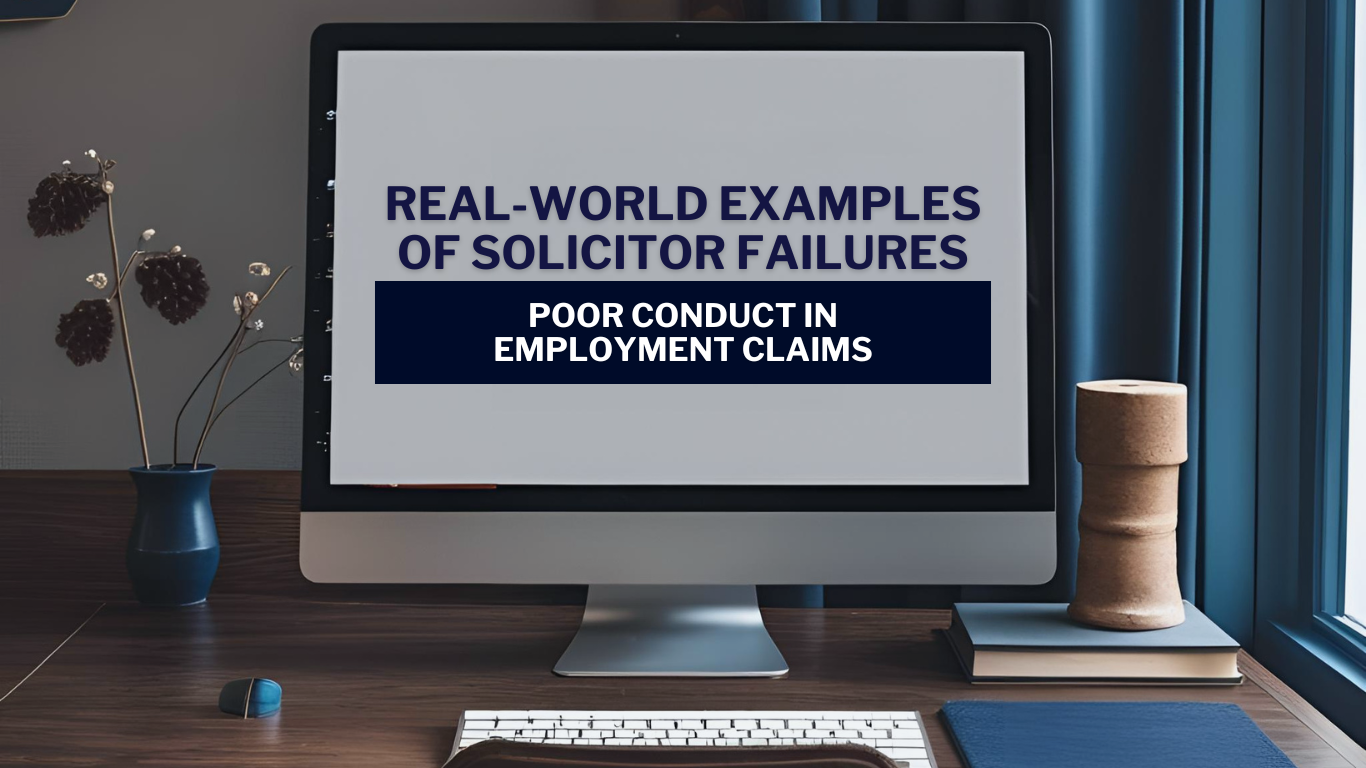By Nagesh Jain
•
min read


On 4 December 2023, the recently appointed Home Secretary, Mr James Cleverley announced a new five-point plan to cut immigration. This five point plan includes banning care workers from bringing over their families and raising the minimumsalary for a skilled worker visa.
Healys LLP Immigration expert Nagesh Jain breaks down exactly what this means for anyone effected by the policy and what this also means for the future of Immigration Law:
“The five-point plan -which is "more robust" than any previous government's stance on migration, according to Mr Cleverly - includes measures on health and care visas, skilled worker visas, family visas, the shortage occupation list and student visas.
The newly announced policies will have an effect on:
The measures are:
• Health and care visas: Overseas care workers will not be able to bring family dependants, to end the "abuse of the health and care visa". Care firms that want to sponsor people for visa applications will need to be regulated by the Care Quality Commission. A dependant is defined by the government as a husband or wife, civil partner or unmarried partner, and children under 18.
• Skilled worker visa minimum salary change: The threshold for an application will rise by nearly 50% from £26,200 to £38,700 -although health and care workers will still be able to earn less before applying for the route.
• Shortage occupation list: The government wants to"scrap cut-price shortage labour from overseas" by reforming the way people working in short-staffed sectors can apply to come to the UK. This will include axing the 20% discount applied to the minimum salary for people looking for a visa for shortage occupations. The types of jobs on the list will also be reviewed and reduced.
• Family visas: The minimum threshold for a family visa will also be raised to £38,700 to "ensure people only bring dependants whom they can support financially". Currently, it stands at the 2012 rate of £18,600.
• Student visas: Following the tightening of who can bring in family members on student visas earlier this year, the government will ask the Migration Advisory Committee to review the graduate route "to prevent abuse and protect the integrity and quality of UK higher education".
HO has closed the Tier 1 (Investor) route, the Tier 1 (Entrepreneur) route and the Sole Representative route and left two options i.e. Innovator visa or Skilled Worker visa for the migrants who wish to come to the UK either to do business or work.The recent announcement is therefore attacking the Skilled Worker visa route further exacerbating the situation.
The announcement from the Home Secretary to raise the salary threshold above the average UK full-time salary is also a clear indication to minimise flow of number of workers from overseas.
Plans to increase salary threshold for family visas by doubling the income threshold isimplicitly preventing British and settled persons who are earning an average full-time salary in the UK from sponsoring a partner from overseas. HO has not considered the impact this may haveon lower incomes, families living outside of London. The increase in financial requirement for family visas may result in raise in outside immigration rules application and immigration appeals.
An announcement in regards to preventing students who are not undertaking postgraduate research from bringing family members is potentially less damaging to the numbers of students, as the student route is not a direct route to settlement. However, preventing care workers, who are on a five-year route to settlement, from bringing family members to the UK is likely to reduce numbers of care worker applicants. The prospect of having to work for five years and get indefinite leave to remain before bringing your family is unlikely to encourage more carers to move to the UK.
The HO is not taking into consideration the financial contributions migrants make; not only in terms of visa application fees, paying the IHS charge (which is set to increase from16 Jan 2024). The UK Economy is a like a big clock which needs all clogs to be well oiled and functioning properly. If they do not, then the entire mechanism suffers. If the UK economy is to grow, jobs needs to be taken and contributions must be made to the economy.
We now have to wait for the new rules to answer the questions such as:
· How different the immigration salary discount list will actually be from the scrapped occupation list,
· What concessions are given to the British national sponsors towards the financial requirements in support of their spouse visas,
· Will there be a discussion on dependant visas of Health and Care Workers or the announcement cancelling dependent visas of Health and Care worker is final.
This ambition to reduce net migration will likely cause more harm than do any good to the UK.”
To find out more about this, or any other Immigration matter, please contact our specialist team.
Learn more